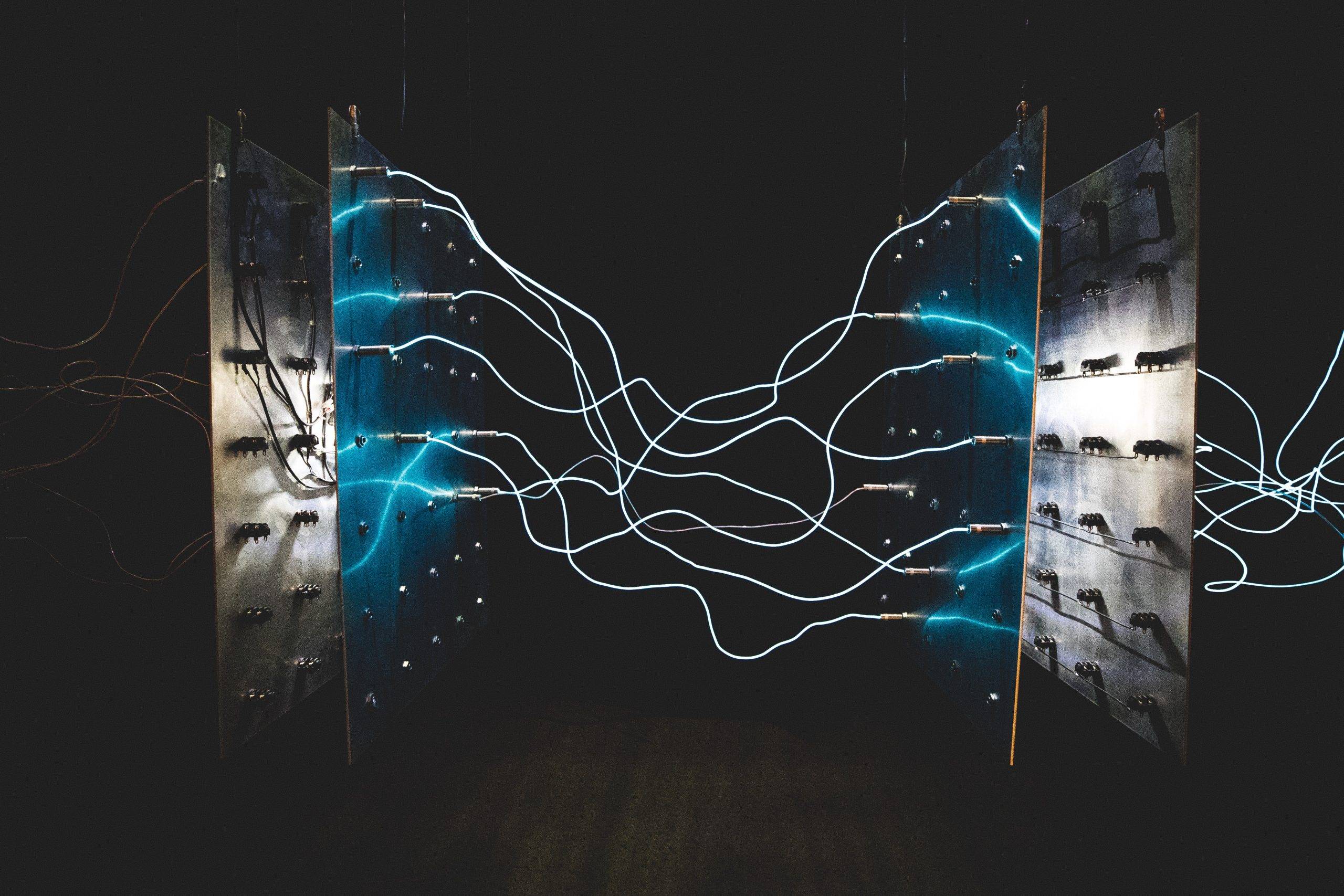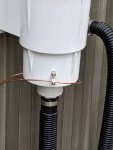I'm buying a 30' above ground pool. Until I can get an electrician to come out and run me a line to the pool; I'm going to run an extension cord to the pool. It will likely be 50'-75'- running a Pentair SD-40 1.5 hp system with a Saltron Retro Salt Water Generator.
I have a new outdoor GFCI outlet where some other work was done; I was planning on getting a 12 gauge triple tap extension cord. Does anyone see any issue with this for the short term? I did read that 10 to 12 guage was preferred.
Thanks as always. This is pool number 4. I hope to go slow and make this an oasis. I don't think I'm in my forever home- but I'll be here a while.
I have a new outdoor GFCI outlet where some other work was done; I was planning on getting a 12 gauge triple tap extension cord. Does anyone see any issue with this for the short term? I did read that 10 to 12 guage was preferred.
Thanks as always. This is pool number 4. I hope to go slow and make this an oasis. I don't think I'm in my forever home- but I'll be here a while.




